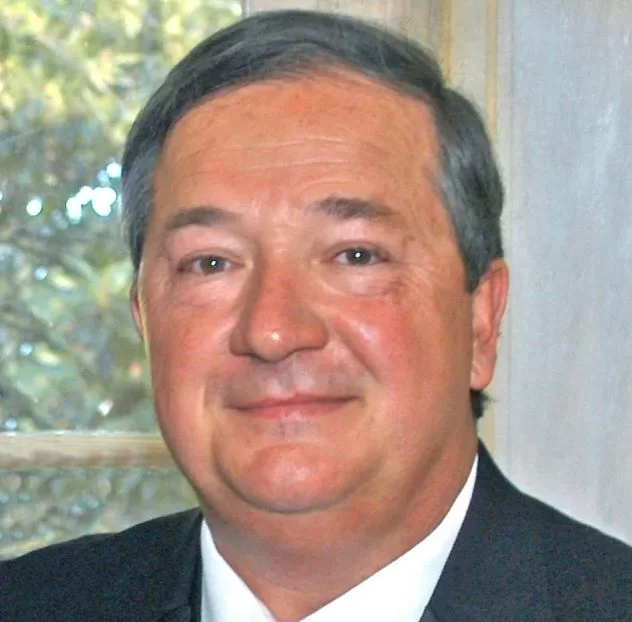BENTON - Apple, Mastercard and Visa illegally inflate fees for merchants using point of sale payment networks, according to a complaint filed at U.S. district court.
Stephen Tillery of St. Louis filed the complaint on Dec. 14, proposing to certify the Mirage Wine and Spirits store in O’Fallon as representative of a national class.
Tillery listed four associates at his firm, five at Robins and Kaplan in Minneapolis, and five at other firms representing the potential class action.
He claimed the defendants agreed to allocate markets in 2014 in violation of antitrust law.
They allegedly reaffirmed the agreement by contract in 2020.
Tillery claimed Visa and Mastercard cemented their position over point of sale transactions conducted with mobile devices by conspiring with Apple.
He claimed the scheme had three components that restrained competition in the market.
“First, Apple agreed that it would not create its own payment system that would compete with Visa and Mastercard’s respective payment systems," Tillery wrote.
“Second, Apple agreed to artificially restrict the choices available to consumers and merchants interested in using or accepting its Apple Pay mobile wallet," he added.
He claimed defendants agreed that Apple would prohibit consumers from using its mobile wallet to transfer funds directly to a merchant’s bank.
“Third, Apple agreed not to allow other third party payment applications installed on Apple devices to reside in the Apple Pay mobile wallet or use near field communication hardware on those devices to facilitate point of sale transactions in the relevant market,” he wrote.
Tillery claimed the agreement stymied competing mobile wallets or other applications from offering consumers and merchants a cost effective point of sale system.
“In exchange for agreeing not to compete with Visa and Mastercard in the relevant market, the two card networks offered Apple a very large and ongoing cash bribe,” he wrote.
Tillery claimed Visa and Mastercard agreed to pay Apple 0.15% on the value of U.S. transactions and 0.05% on U.S. debit transactions initiated with Apple Pay at the point of sale.
He added that Apple excluded PayPal from Apple Pay at Visa and Mastercard’s request, notwithstanding that Apple worked with PayPal to jointly launch Apple Pay.
“Given the dominance of the iPhone, Apple could have entered the mobile wallet market itself or it could have allowed third parties to do so by developing iPhone compatible mobile wallet apps,” he wrote.
“Either or both of these scenarios would have increased competition for transactions at the point of sale, resulting in lower fees for merchants,” he added.
The court clerk randomly assigned Magistrate Judge Reona Daly, who will preside unless a party declines consent to magistrate jurisdiction.
If that happens the clerk will assign a district judge.
From 2000 to 2004, Tillery represented plaintiffs in more than 70 class actions at district court.
In 2003, Madison County judge Nicholas Byron awarded about $10 billion to a class of Philip Morris cigarette smokers that Tillery represented.
Byron found Philip Morris falsely advertised health benefits of light and low tar cigarettes.
Illinois Supreme Court Justices reversed him in 2005, finding the federal trade commission approved light and low tar labels.
Congress limited class actions in that year, and Tillery's activity in district court declined to 26 cases in the next 15 years.
In 2021, he filed 24 suits against Syngenta in national litigation of claims that weed killer paraquat caused Parkinson’s disease.
Chief U.S. District Judge Nancy Rosenstengel presides over about 5,000 paraquat suits.
